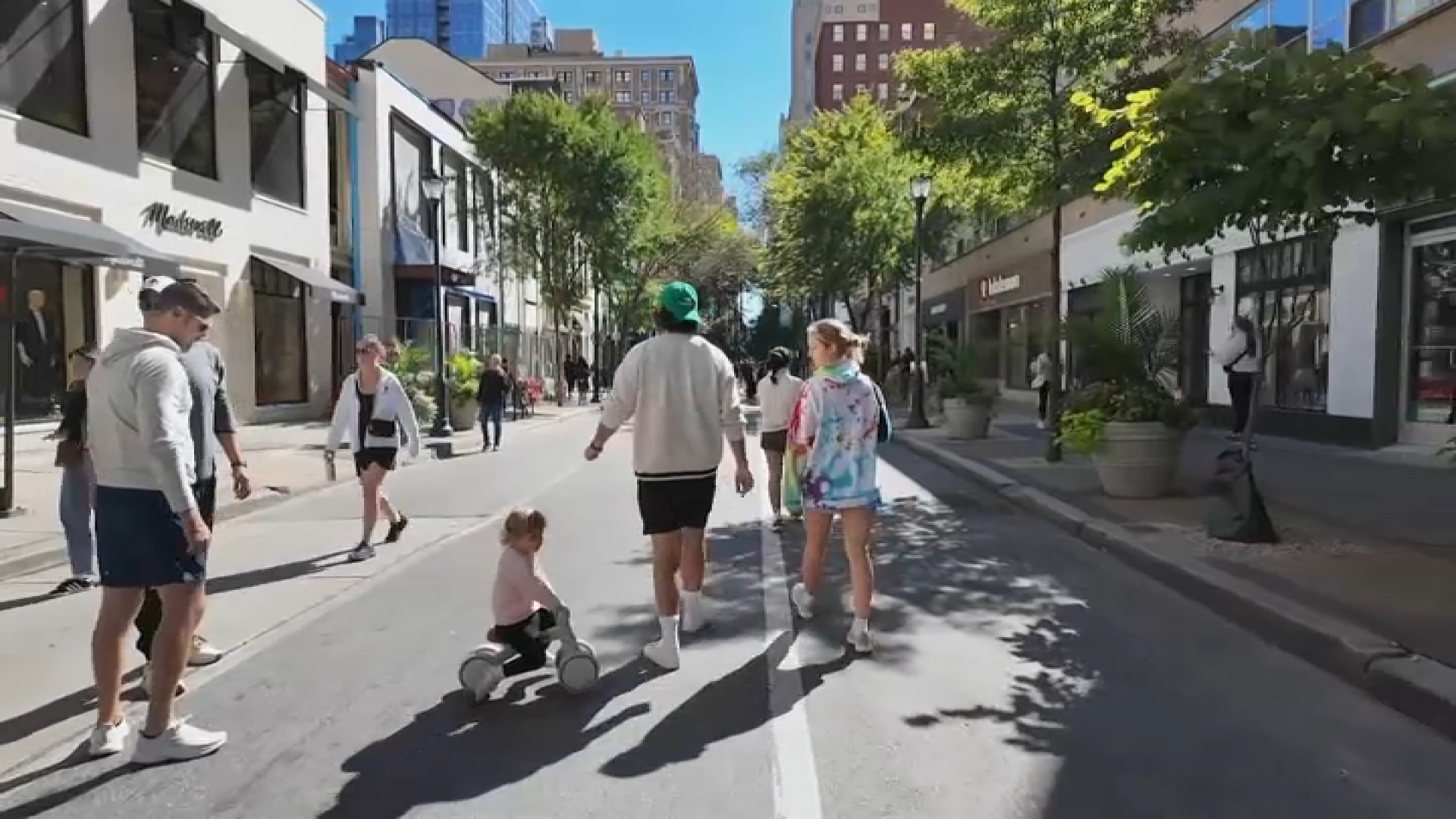As Philadelphia continues to battle a deadly opioid epidemic, the city is taking steps to reduce stigmatization from treatment centers.
The Department of Behavioral Health and Intellectual Disability Services (DBHIDS) sent a letter to halfway homes reminding providers they cannot turn away patients who are using medication-assisted treatment.
This applies to methadone, naltrexone, Vivitrol and buprenorphine.
These treatments are considered evidence-based and supported by several national organizations, including the National Institute on Drug Abuse, Substance Abuse and Mental Health Services Administration and the Center for Disease Control and Prevention, the city said.
“Decreasing stigmatization of persons with substance use disorders has been a longstanding priority of the department,” the letter read. “Persons in recovery should not be deprived of any necessary level of care solely because they are receiving medications.”
Some experts argue that medication-assisted treatment leads to better long-term outcomes. For instance, a recent study by Harvard Medical School found that 50 percent of patients treated with buprenorphine and naloxone stayed away from opioids 18 months after starting therapy. That number increased to 61 percent after three years.
Similarly, medication-assisted treatment “has been shown to increase treatment retention and to reduce opioid use, risk behaviors that transmit HIV and hepatitis, and mortality,” according to the World Health Organization.
Local
Breaking news and the stories that matter to your neighborhood.
“Recovery is not a one-stop shop,” said Roland Lamb, deputy commissioner of strategic planning and innovation at DBHIDS. “It is important for us to say to providers as a whole ‘please no discrimination.’ We’re not going to allow that on public dollars.”
Lamb added that the city is not mandating treatment centers to distribute these medications, but simply not to turn people away who are utilizing them.
Barriers to receiving methadone or other medications persist. Some in the recovery community contend that taking any form of pill means a patient is not really clean. Others distribute medication only for a short time — one or two weeks maximum. And then there is the issue of insurance companies, which tend to limit the availability of buprenorphine, for example, to patients on Medicaid.
“We are a stigma-driven field,” Lamb said. “We have people preoccupied with these philosophies that do more harm than good and, right now, we need to do as much good as possible.”
Across the Delaware River in New Jersey, tackling opioid addiction has become a top priority for Gov. Chris Christie. Recent legislation has taken treatment authority out of the hands of insurance companies and placed it in the care of recovery centers.
This means that the length and type of treatment is determined not by what patients can afford, but by what they need, said David Dorschu, CEO of Recovery Centers of America at Lighthouse in Mays Landing.
His facility offers the full continuum of care, starting with detoxification and moving into residential. The first phase takes about seven days to complete. The second stage is ongoing and can last up to six months depending on the severity of the disorder.
From there, patients undergo intensive therapy in a group and privately. Families are welcome to participate. Care continues outside the center when patients are ready to return home. Medication-assisted treatment is just one of the components to recovery, Dorschu said.
“If you need it, if it works, then do it,” he said. “We have to get people into a position where they can receive treatment fully.”
Lighthouse has 34 detoxification beds and 19 residential beds. The facility is typically filled to capacity, which Dorschu sees as a sign that people are getting the help they need. Lighthouse will be adding another 100 beds starting this summer.
Recovery Centers of America is also expanding facilities in the Philadelphia region, signaling an ongoing collaboration between Pennsylvania and New Jersey as both states fight against opioid addiction. RCA will break ground in the fall on a new center at the former Devon Manor near Wayne.
Recently, officials from six counties, including Philadelphia and Camden, met to discuss a partnership. Spearheaded by Councilman-at-large David Oh, the group agreed to communicate about each county's efforts via emails and video calls.
Lamb said this joint effort, coupled with removing stigma from treatment centers, is just the start of a more comprehensive approach. Philadelphia is also eyeing efforts to develop a better pathway to treatment for people in their teens and younger.



